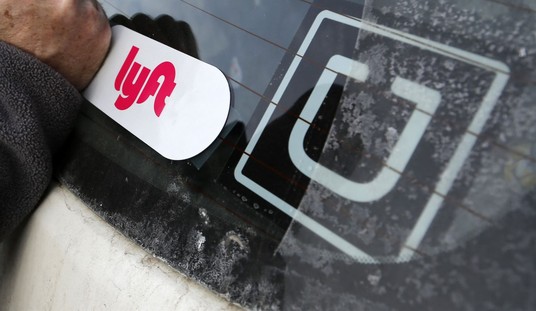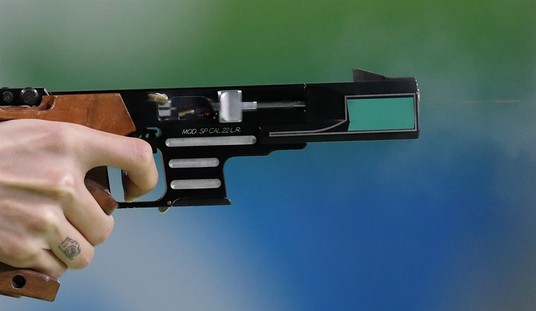With COVID-19 dominating the news, it’s easy to think that absolutely nothing else is going on. Yet other stuff actually is. People are still living their lives as best they can amid all this craziness. That means some folks are probably breaking the law.
Many agencies have said they’re not arresting people for lower-level crimes, but they’re still making arrests on the big things. Shootings, armed robberies, and so on are still going to win someone an all-expenses-paid trip to lockup with a special set of matching bracelets for the trip.
Yet it seems that they’re not doing nearly as much of that stuff as they did in the past.
AS THE COVID-19 CRISIS intensified in the U.S. in mid-March, police departments from Ohio to Utah issued tongue-in-cheek pleas on social media for criminals to take a break while their forces had time to calibrate.
“Due to local cases of #COVID-19, PPD is asking all criminal activities and nefarious behavior to cease,” a police department in Washington state tweeted on March 16. “We appreciate your cooperation in halting crime & thank the criminals in advance.” Just two days earlier in a Facebook post, Salt Lake City police told criminals the department would let them know when they could return to their “normal behavior.”
Fortunately for police, it appears their wishes have been granted – at least for now.
Initial reports suggest overall crime in the U.S. has dipped in the last few weeks following calls from authorities to stay indoors and practice social distancing. But while that may seem encouraging, experts agree it’s premature to make any definitive claims about how the coronavirus will affect crime trends in America. While some crimes are likely to decrease, others are likely to rise during the pandemic, they say. And long- and medium-term trends will largely be affected by how long COVID-19 enfeebles the economy and keeps people inside.
“While it’s too early to tell how this will play out, so far we’re seeing a reduction in crime and a reduction in calls for service for law enforcement,” says Steven R. Casstevens, chief of police for Illinois’ Buffalo Grove Police Department and president of the International Association of Chiefs of Police. “A lot of it is the fact that people are staying home and businesses are shut down.
As a result, the potential targets for many criminals simply aren’t available.
Other potential targets–liquor stores, for example–may still be open, but the risk for many criminals is higher. After all, there aren’t a ton of businesses for the police to pay attention to. It means their response may well be faster.
At least, that’s my guess.
Then again, maybe all the bad news and scary stories are having an impact on the criminal class and they’re more terrified of dying from a virus than they are of the police. If so, let’s count this as a win and move forward.
Of course, it could also be fear of the fact that there are now a lot more gun owners than there were just a few weeks ago. Armed citizen are known to scare the crap out of criminals, so let’s not dismiss this is a very real possibility either.
With that, though, it brings up the question of just how long will this continue to be the case. The easy answer is “not long enough.”








Join the conversation as a VIP Member